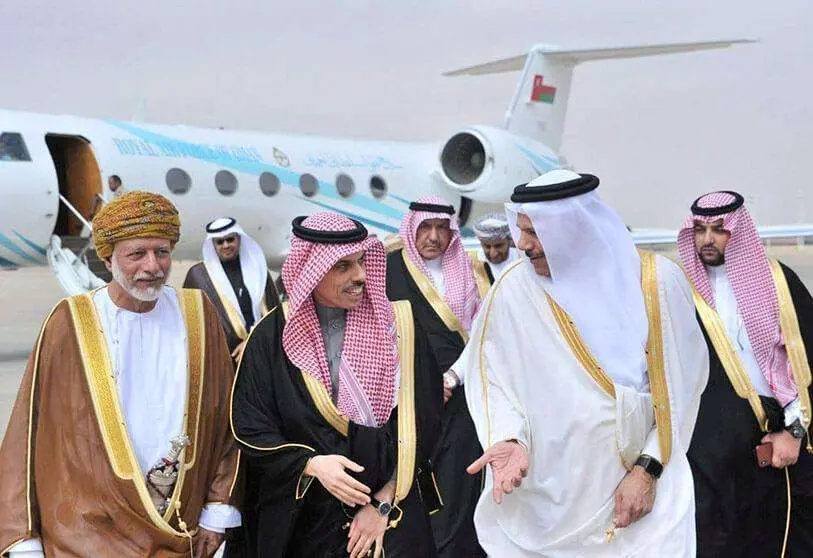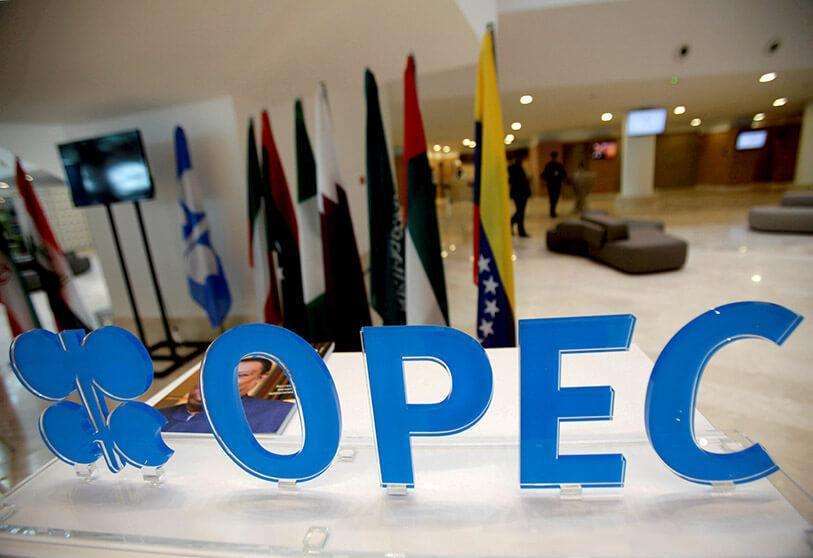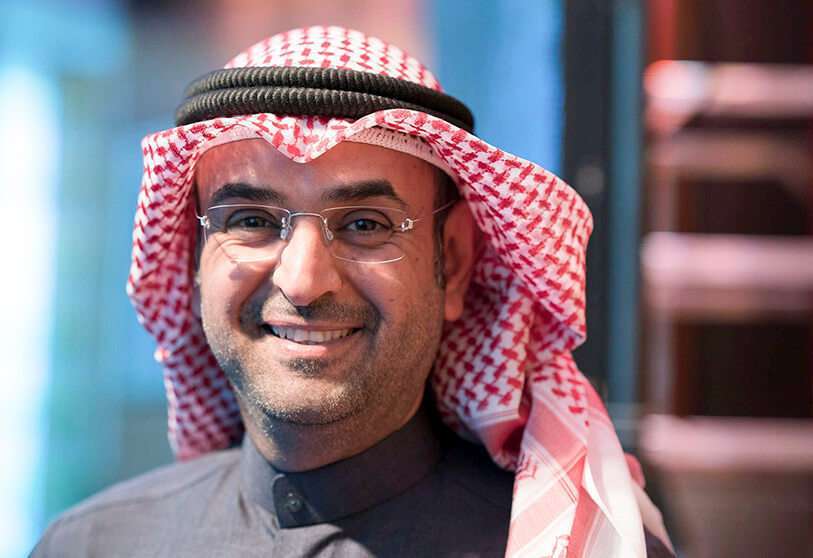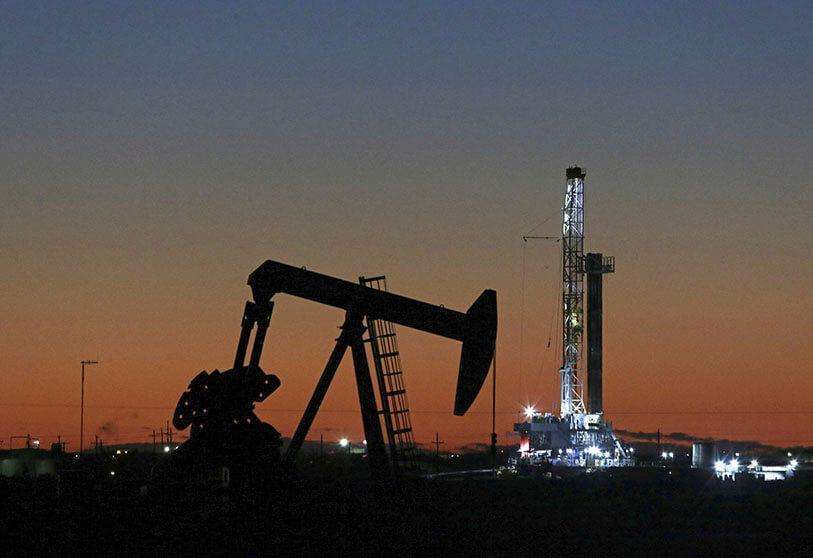GCC countries seek to boost economic relations through oil

In line with the roadmap adopted last July, the Organisation of Petroleum Exporting Countries and Allies (OPEC+) continues to push ahead with the increase in crude oil production. After the drastic cut in the level of pumping in May 2020 - caused by the collapse in demand due to the coronavirus crisis - the oil organisation continues in its efforts to gradually reach the supply figures prior to the pandemic. In this line, it is expected that, by February, the maximum crude oil production threshold will exceed 400,000 barrels per day.
"Concerns about a massive drop in oil demand have faded," Commerzbank economists Daniel Briesemann, Carsten Fritsch and Barbara Lambrech said in a statement, commenting on fears of a production surplus generated a few weeks ago with the arrival of the new Omicron variant of the coronavirus. This caused the price of oil to fall by more than 11% in a single day.
In light of this situation, the Gulf oil powers have begun to strengthen the economic character of their external relations, relying on the oil trade to the detriment of their political ties - which they have seemed to find much more confrontational and less beneficial.

According to some analysts and international observers, the aim of this strategy could be that, given the increase in demand and the upward cycle of oil prices, the GCC (Gulf Cooperation Council) countries would be extending their oil agreements to obtain greater financing. According to their official economic plans, this funding would be earmarked for investment in clean energy, tourism and the development of advanced technologies, thus making progress in reducing their dependence on oil in the coming years.
However, any optimism that these forecasts of rising demand may have provoked has been dampened by the various supply disruptions around the world. Examples of this are the Libyan pumping outages or the paralysis of rail transport and the attack on Tengiz, Kazakhstan's main oil field. These issues have led to small fluctuations in oil prices over the last few days.

In this context, the foreign ministers of the four Gulf powers - Saudi Arabia, Bahrain, Oman and Kuwait - together with the Secretary General of the Gulf Cooperation Council, Nayef bin Falah Al-Hajrah, have made a five-day official visit to the People's Republic of China. Although the reason for this trip has not yet been made public, several international specialists claim that the aim of this meeting could be to strengthen oil trade ties and thus guarantee Beijing's energy security.
These agreements could be very beneficial for the GCC oil powers, since the Asian giant is the world's largest oil importer (around 40% of its crude oil needs come from abroad) and it is estimated that, by 2040, around a quarter of the Gulf countries' total exports will be destined for China. Similarly, the deterioration of diplomatic and trade relations between Washington and Beijing since 2018 could favour the emergence of new pacts.
At the same time, as announced by Chinese Foreign Ministry spokesman Wang Wenbin at a press conference, the foreign ministers of Turkey and Iran, Mevlut Cavusoglu and Hossein Amir Abdollahian respectively, will visit the country this week, coinciding with the foreign ministers of Saudi Arabia, Bahrain, Oman and Kuwait.

For their part, the interests of the GCC countries are very diverse. In addition to the economic and diplomatic benefits that these powers hope to obtain, they would also like to be integrated into the Belt and Road Initiative ("The New Silk Road"), through which China intends to form a series of links - both maritime and rail - between its territory and Europe. Thus, being at the spatial centre of these trade routes would be one of the objectives of the GCC countries within this initiative.
Likewise, this coordination of the Gulf oil powers within OPEC+ would strengthen the region's position in commercial terms. While it is the organisation itself that determines production limits and oil prices, if these territories were to unite their efforts and positions within OPEC+, their interests would be much better represented.










